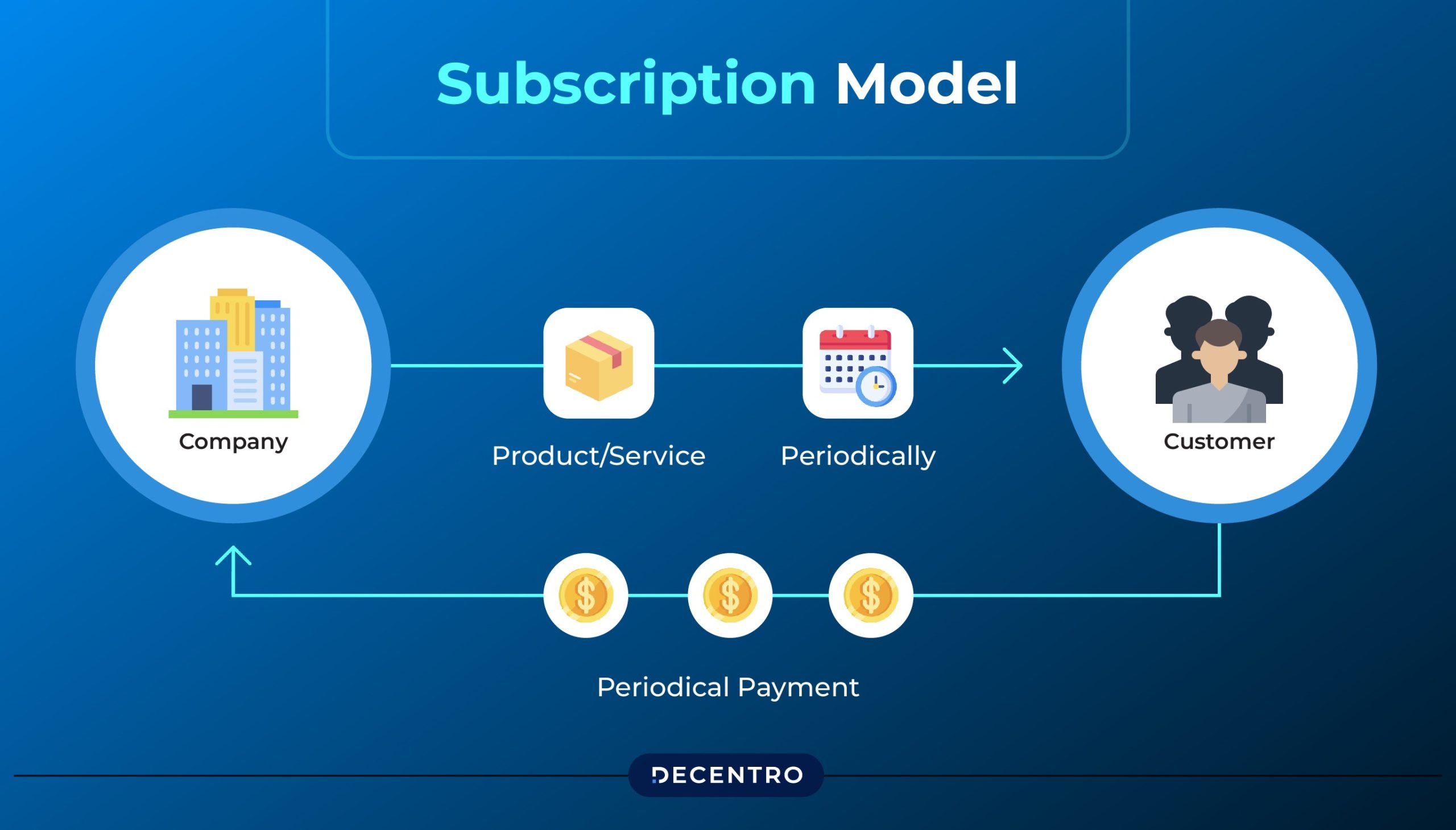In the modern financial landscape, data is king. The rise of big data has transformed how financial institutions operate, enabling them to make more informed decisions, reduce risks, and improve customer experiences. This article explores the role of big data in financial decision-making, its applications, and the challenges it presents.
1. What Is Big Data?
Big data refers to the vast volumes of structured and unstructured data generated by businesses, individuals, and devices. In finance, big data includes transaction records, customer information, market data, social media activity, and more.
The Three Vs of Big Data
- Volume: The sheer amount of data generated every second.
- Velocity: The speed at which data is collected and processed.
- Variety: The different types of data, including text, images, and videos.
2. Applications of Big Data in Finance
Big data is revolutionizing the financial industry in numerous ways.
Risk Assessment
Financial institutions use big data to assess credit risk and detect fraudulent activities. By analyzing patterns in transaction data, they can identify unusual behavior and take preventive measures.
Customer Insights
Big data allows banks to understand customer behavior and preferences. This information is used to offer personalized products and services, improving customer satisfaction and loyalty.
Investment Strategies
Hedge funds and asset managers use big data to identify trends and make informed investment decisions. For example, analyzing social media sentiment can provide insights into market movements.
Regulatory Compliance
Big data helps financial institutions comply with regulations by providing real-time monitoring and reporting capabilities. This reduces the risk of non-compliance and associated penalties.
3. Benefits of Big Data in Finance
Improved Decision-Making
Big data provides actionable insights, enabling financial institutions to make data-driven decisions.
Enhanced Customer Experience
Personalized products and services improve customer satisfaction and retention.
Increased Efficiency
Automating data analysis reduces manual effort and increases operational efficiency.
4. Challenges of Big Data
Data Privacy
Handling large volumes of sensitive data raises privacy concerns. Financial institutions must ensure compliance with data protection regulations.
Data Quality
The accuracy and reliability of data are critical. Poor-quality data can lead to incorrect decisions.
Talent Shortage
There is a growing demand for data scientists and analysts with the skills to manage and interpret big data.
5. The Future of Big Data in Finance
As technology continues to evolve, the role of big data in finance will only grow. Innovations such as artificial intelligence and machine learning will further enhance the ability to analyze and interpret data.
AI and Machine Learning
AI and machine learning algorithms can process vast amounts of data quickly and accurately, providing deeper insights and predictions.
Blockchain Technology
Blockchain can improve data security and transparency, making it easier to track and verify transactions.
Conclusion
Big data is transforming the financial industry by providing valuable insights and improving decision-making. While challenges remain, the benefits of big data far outweigh the risks. By leveraging big data, financial institutions can stay competitive and meet the evolving needs of their customers.





